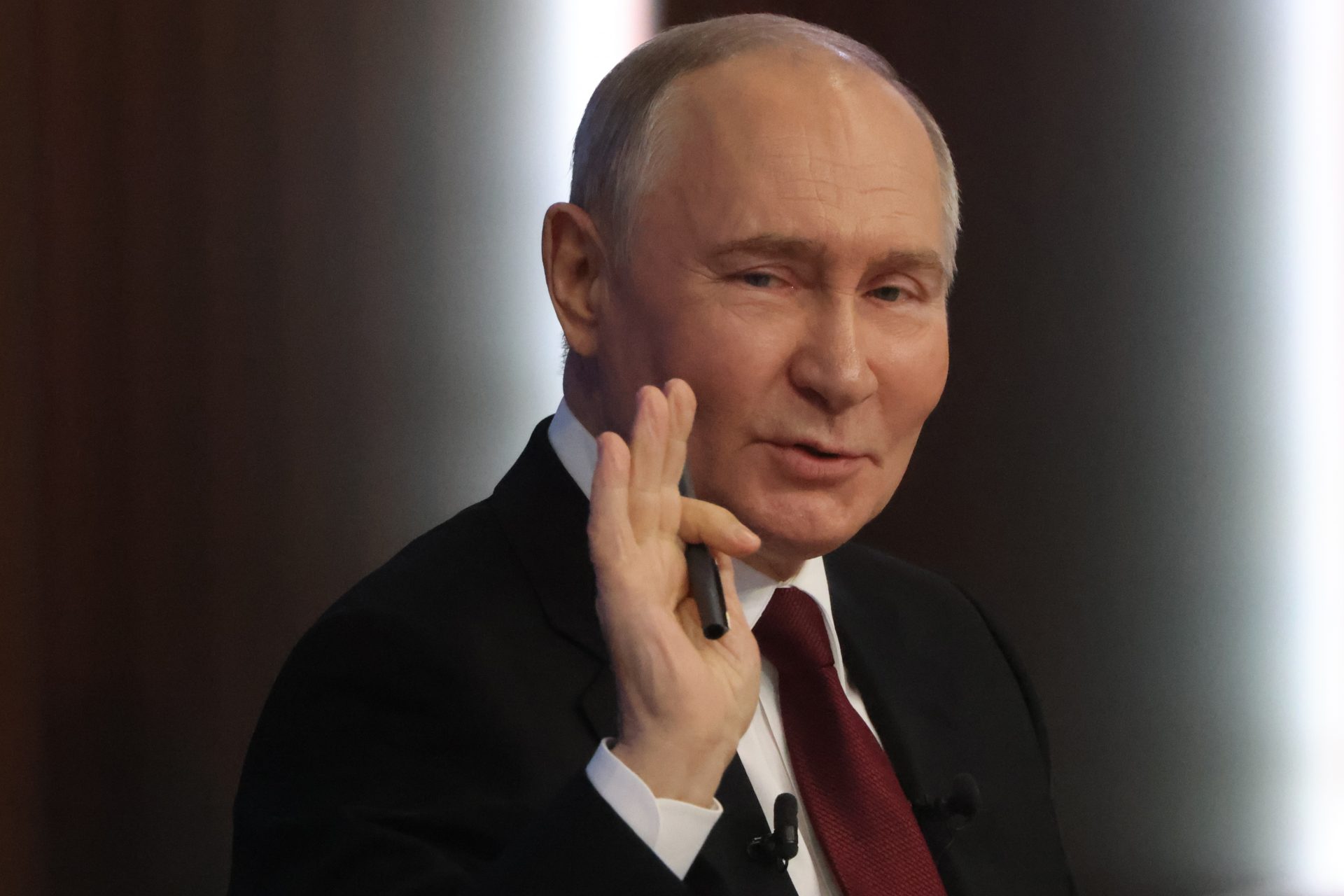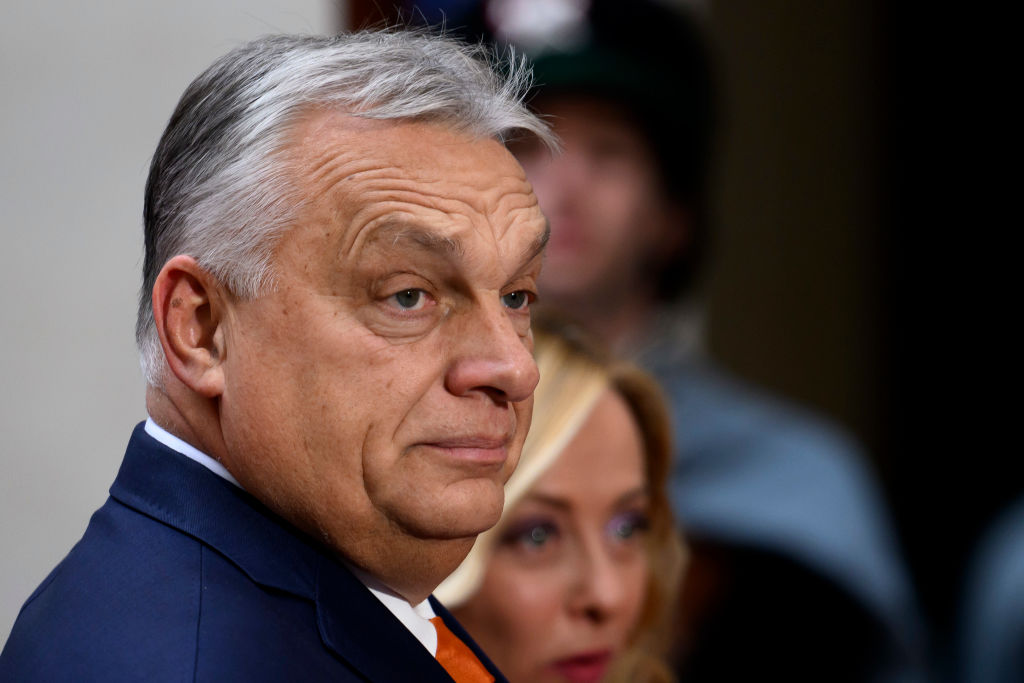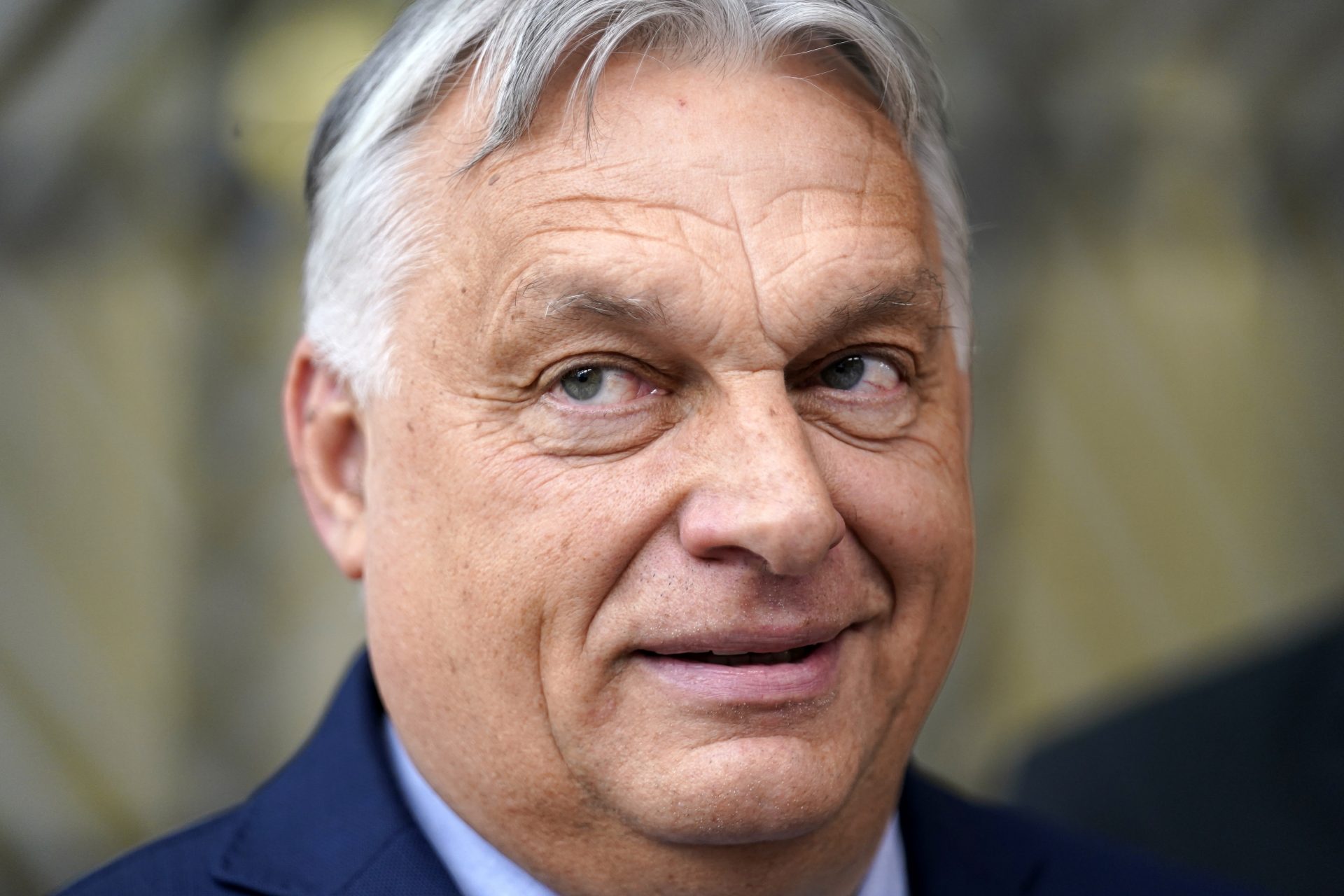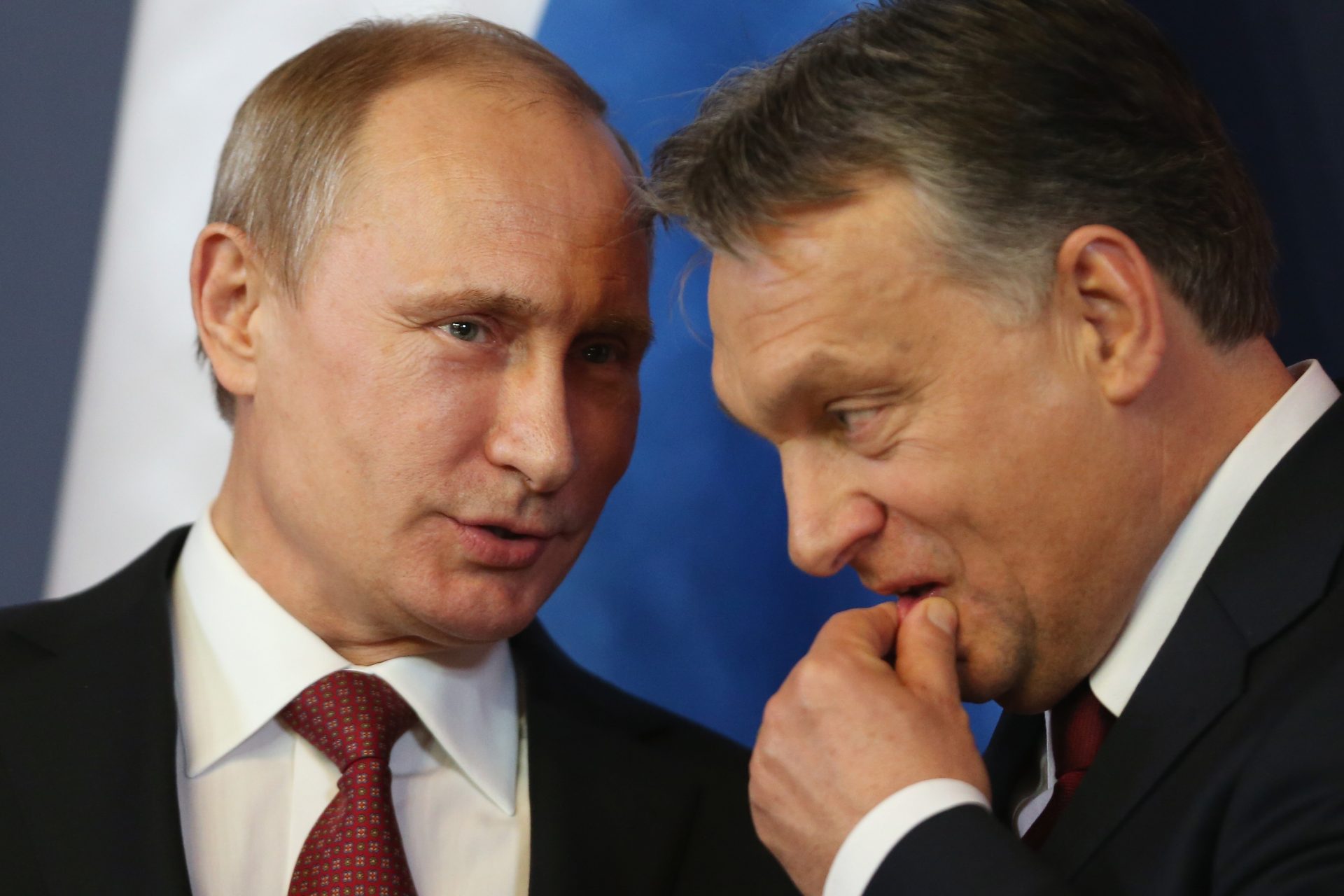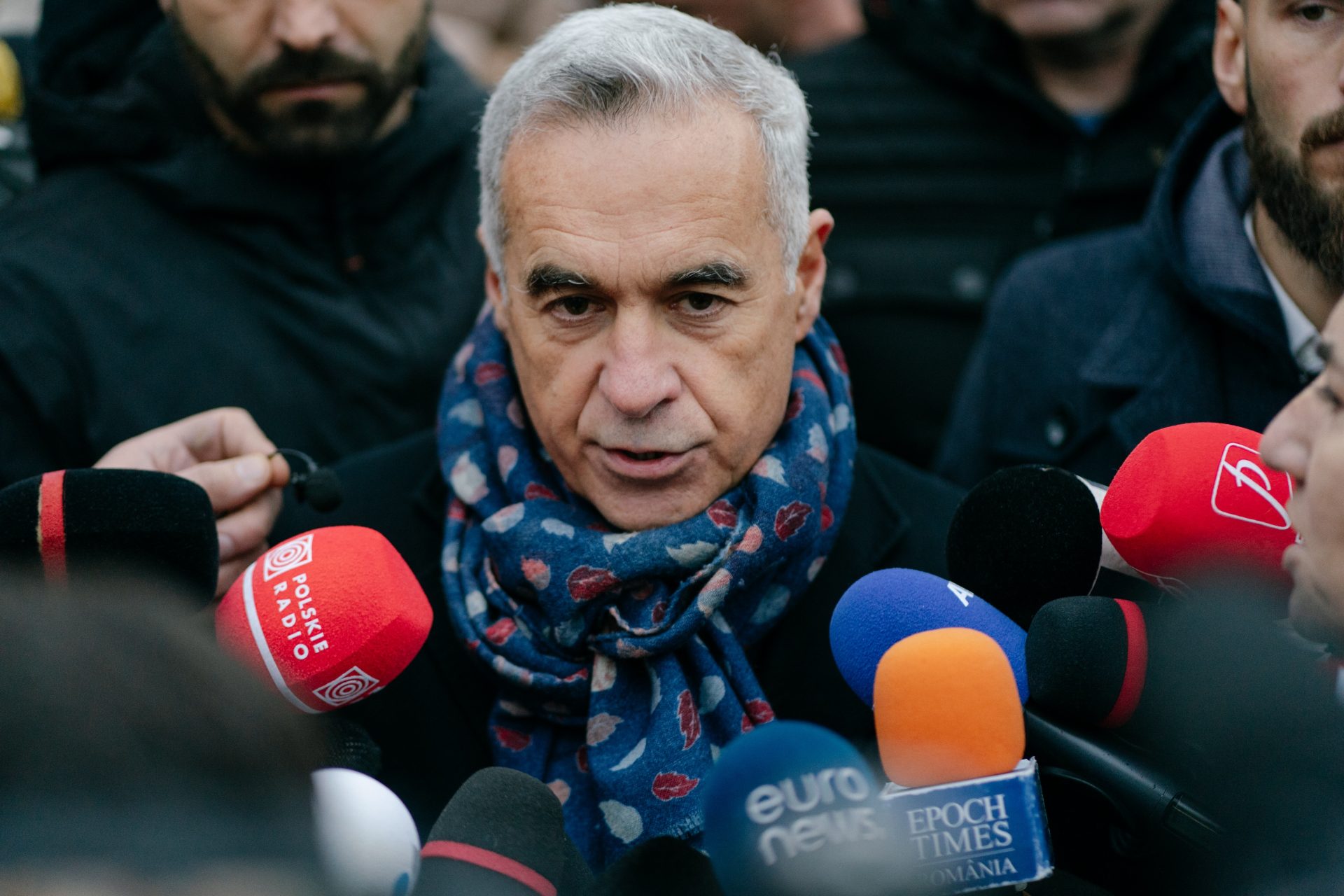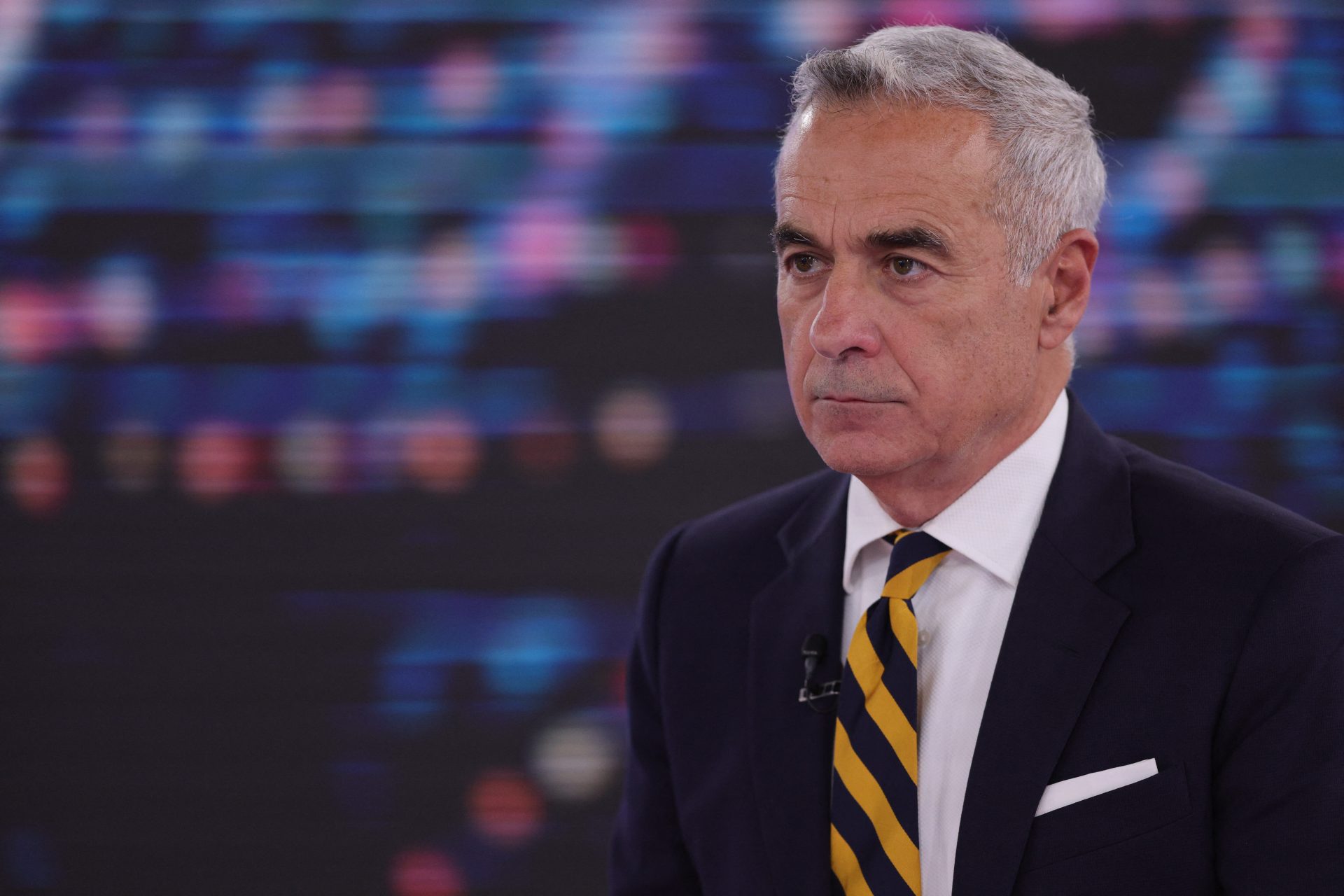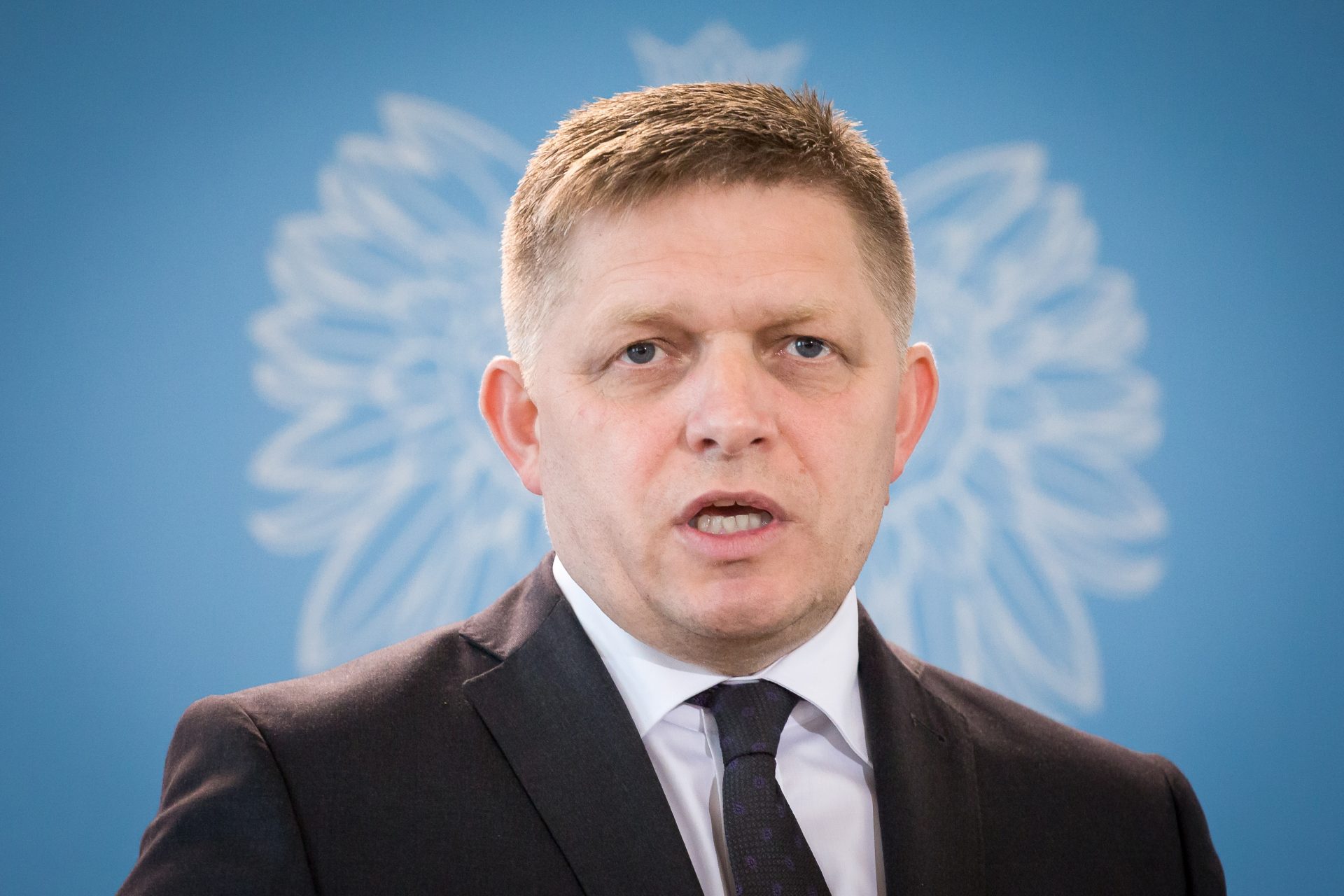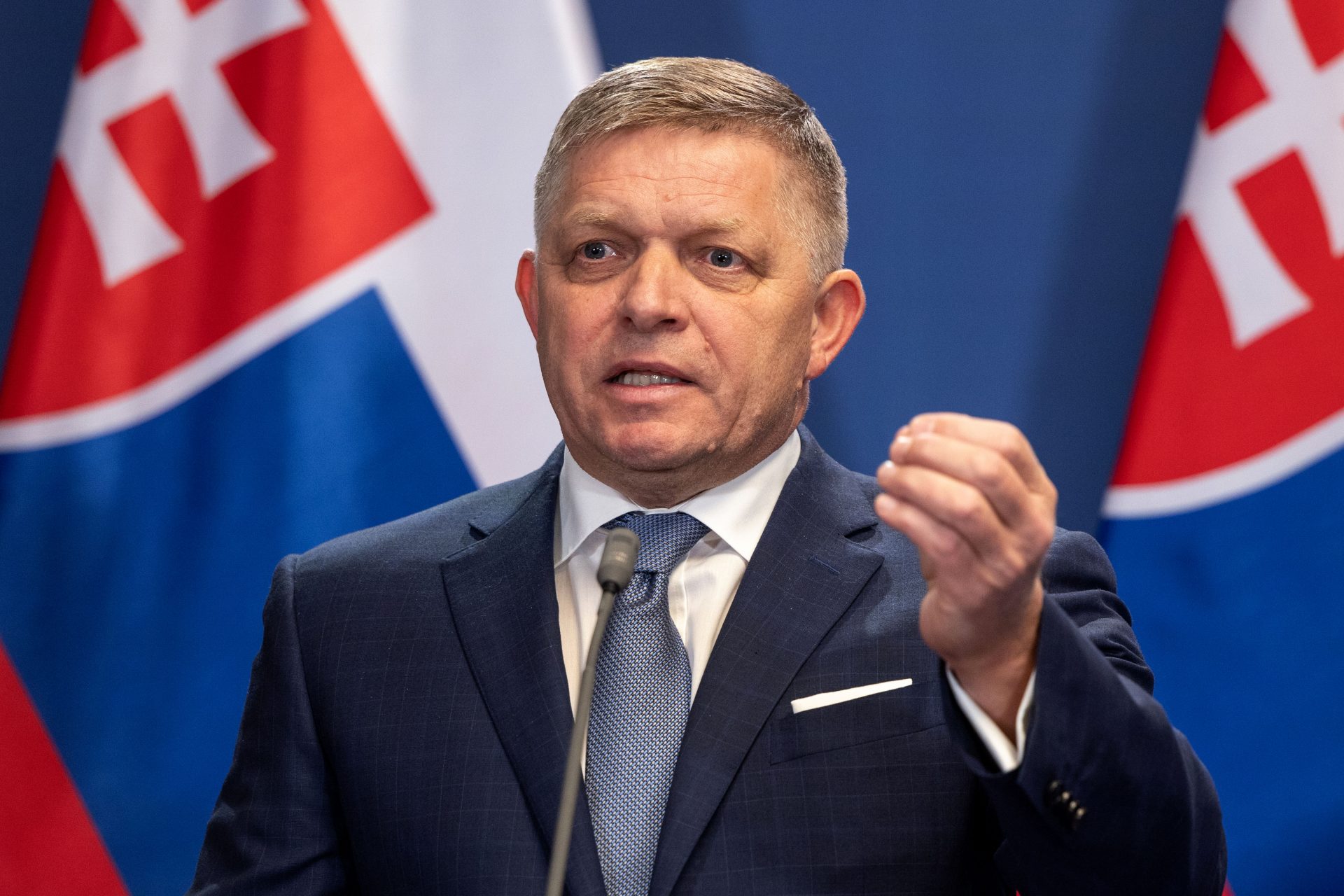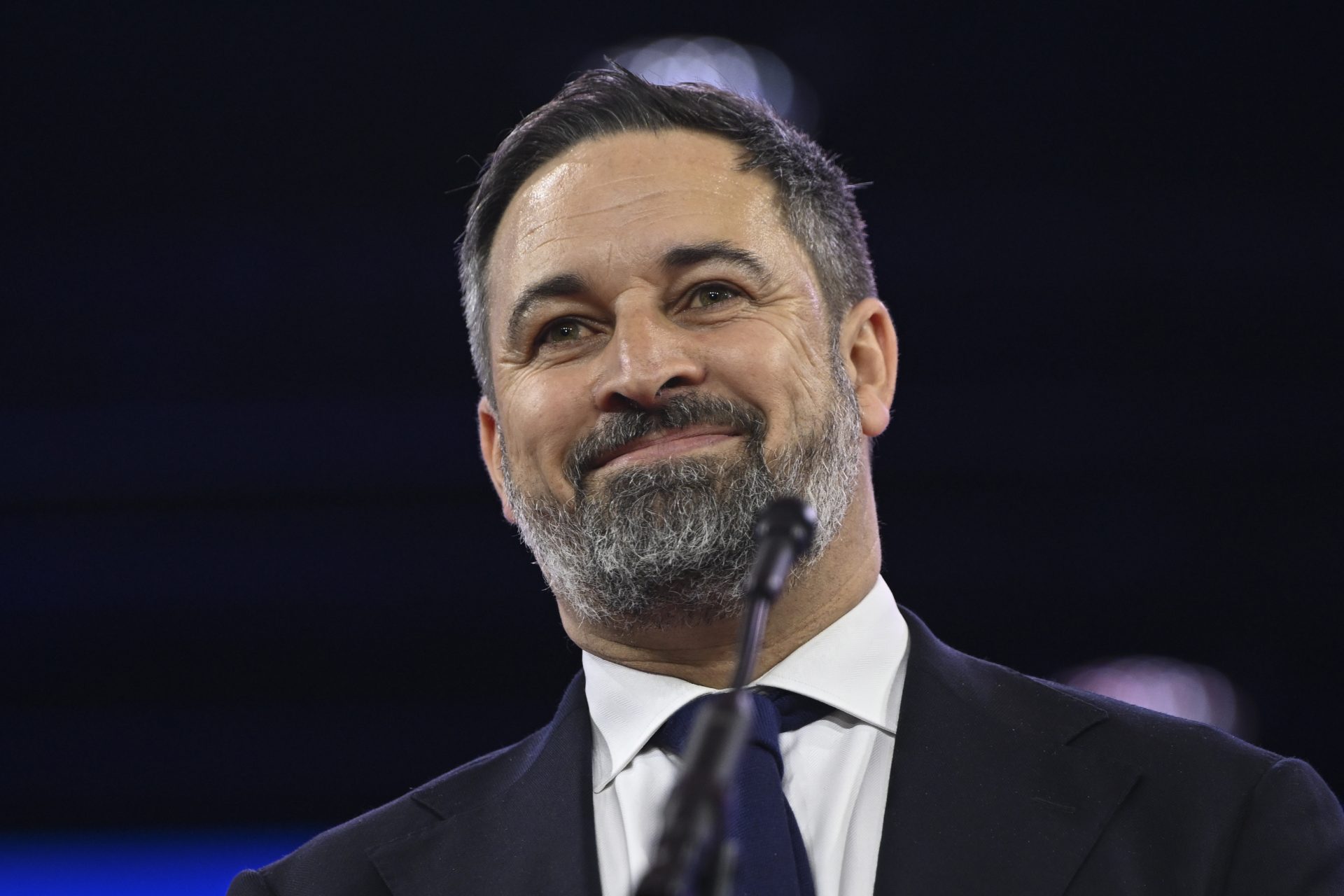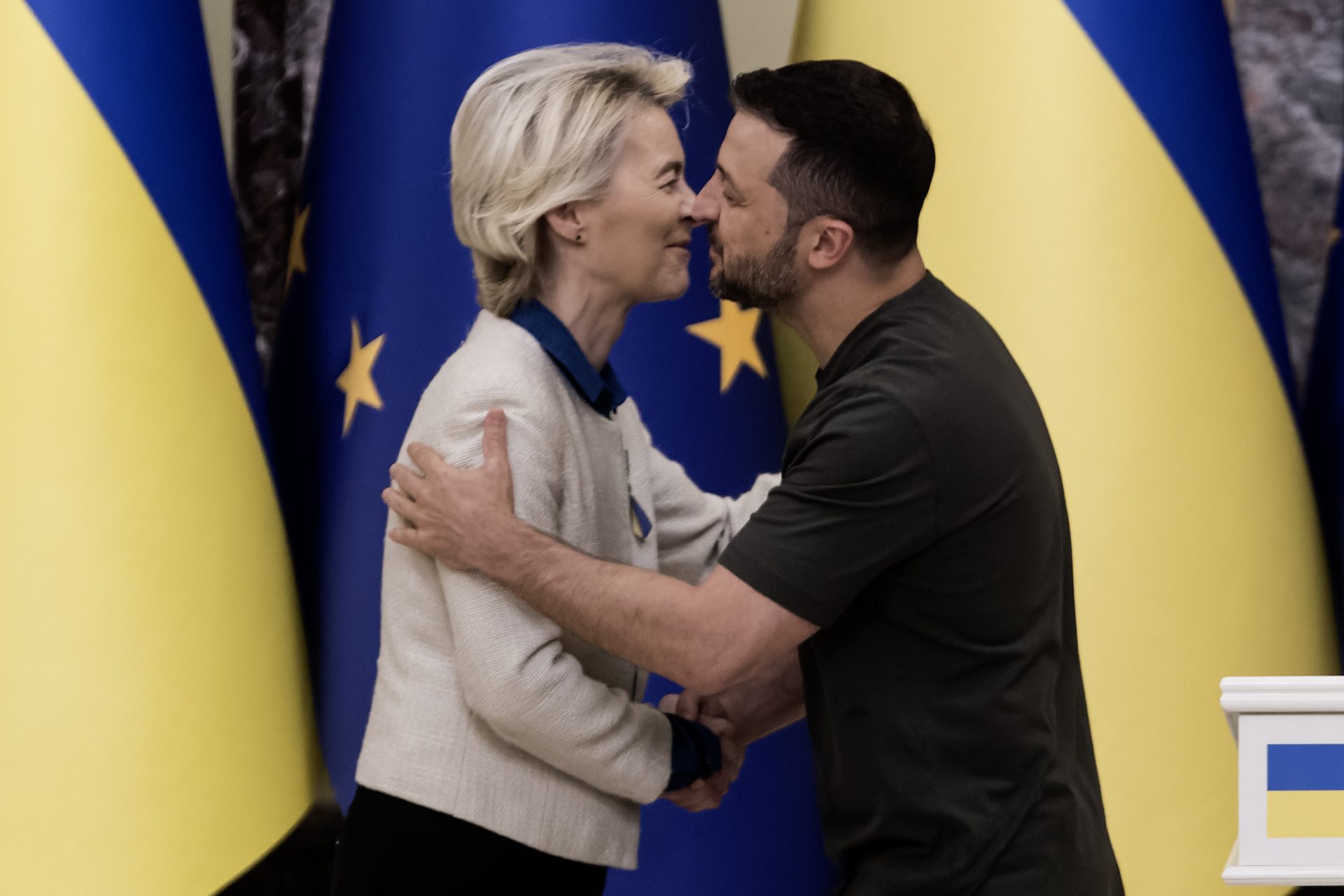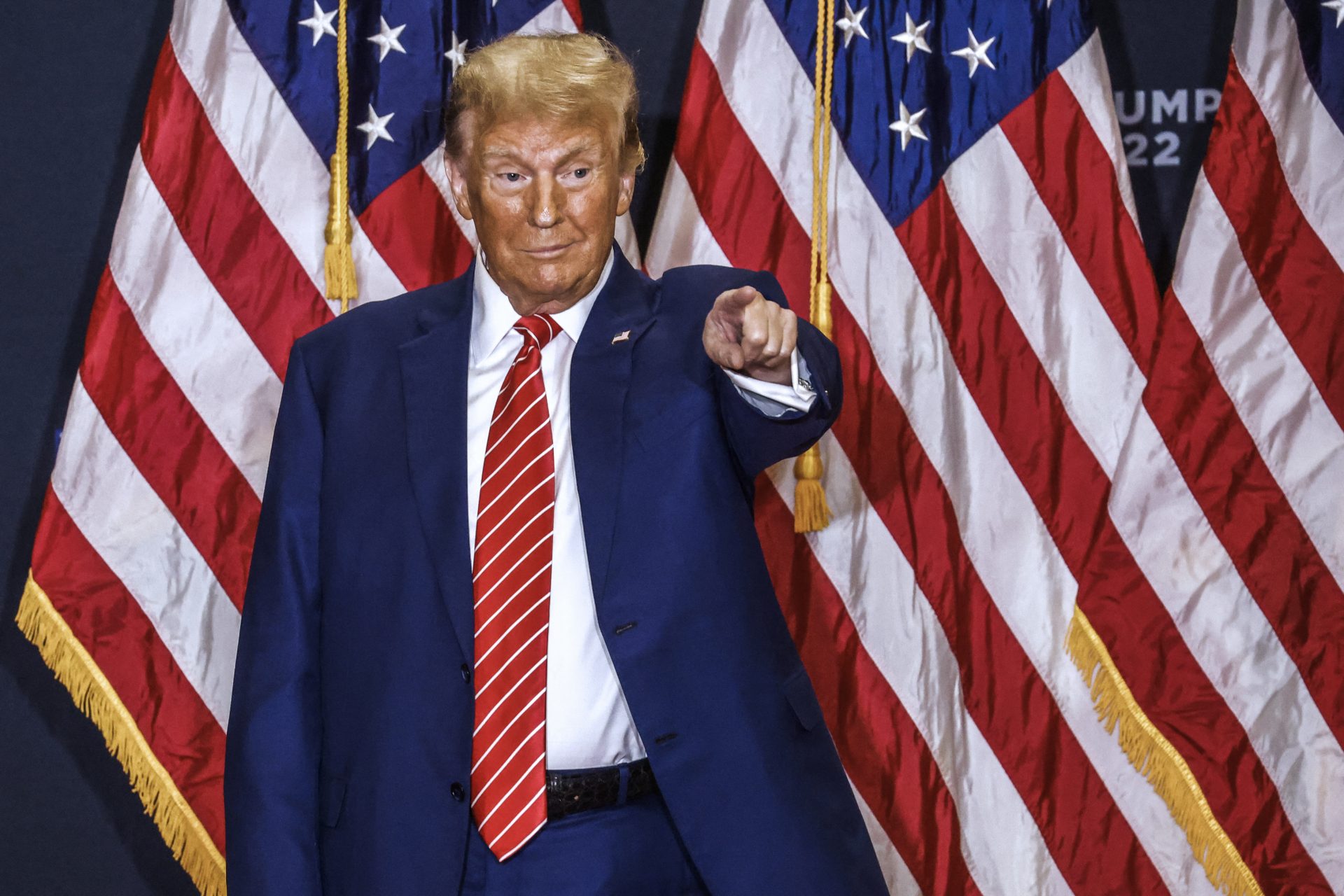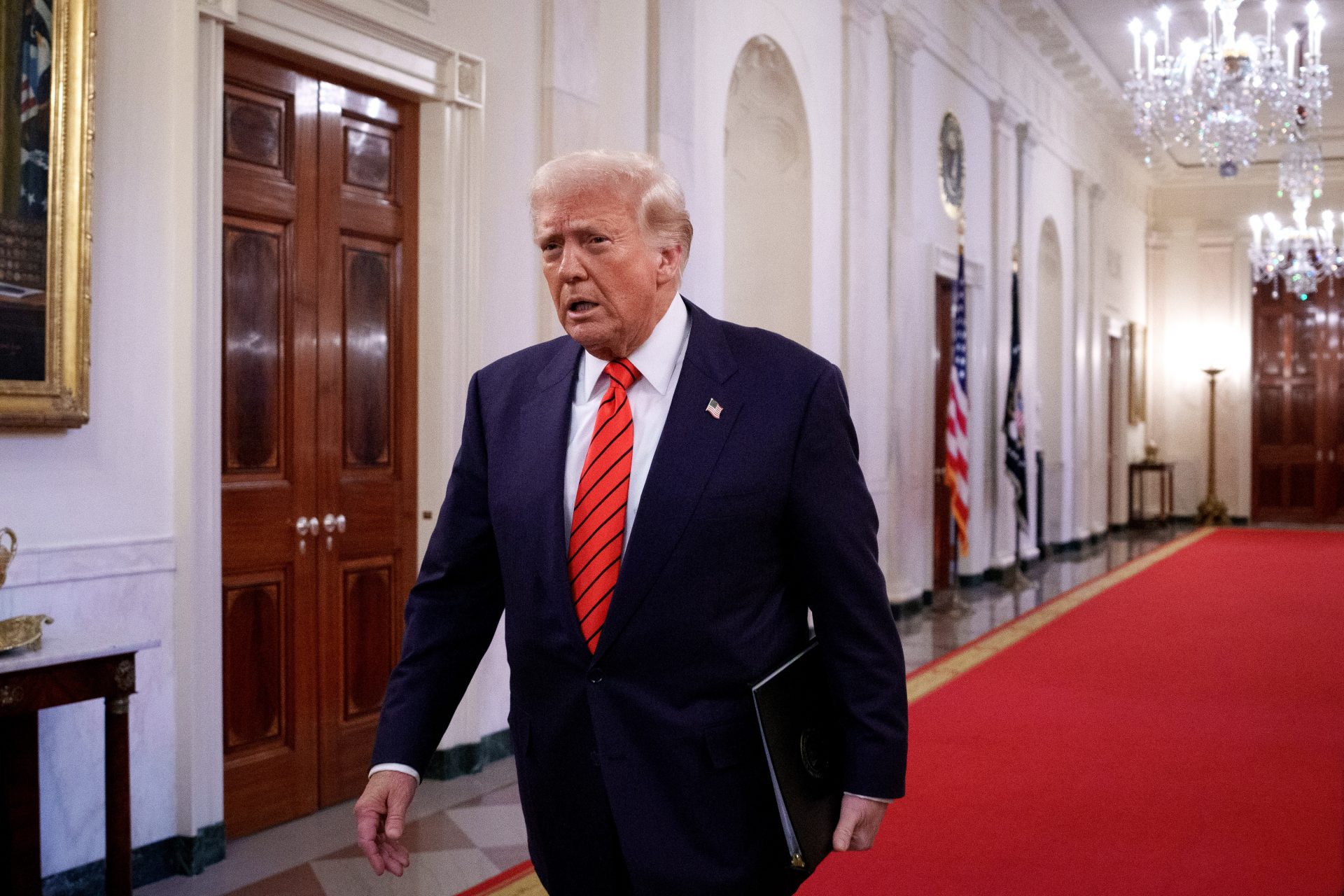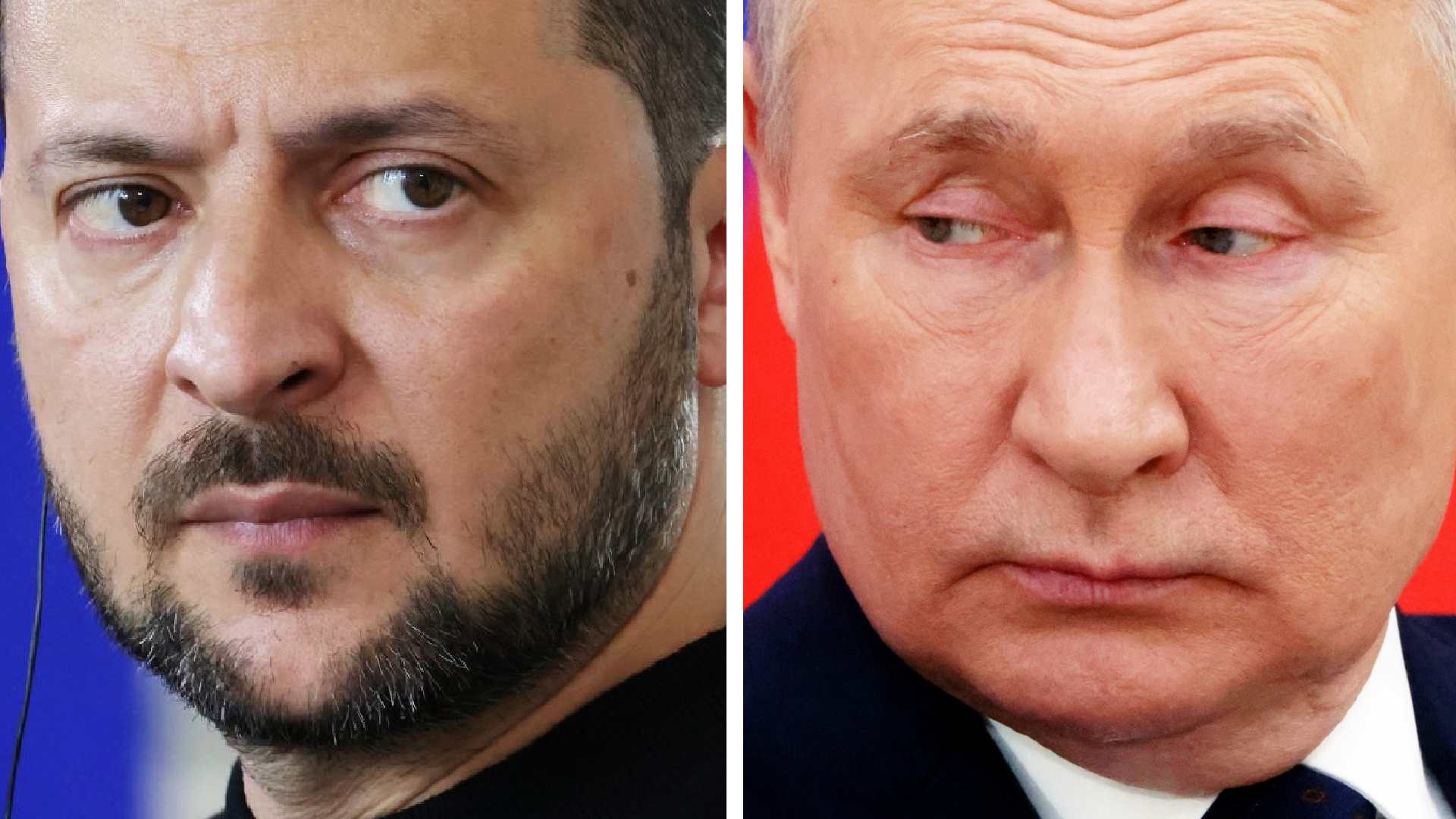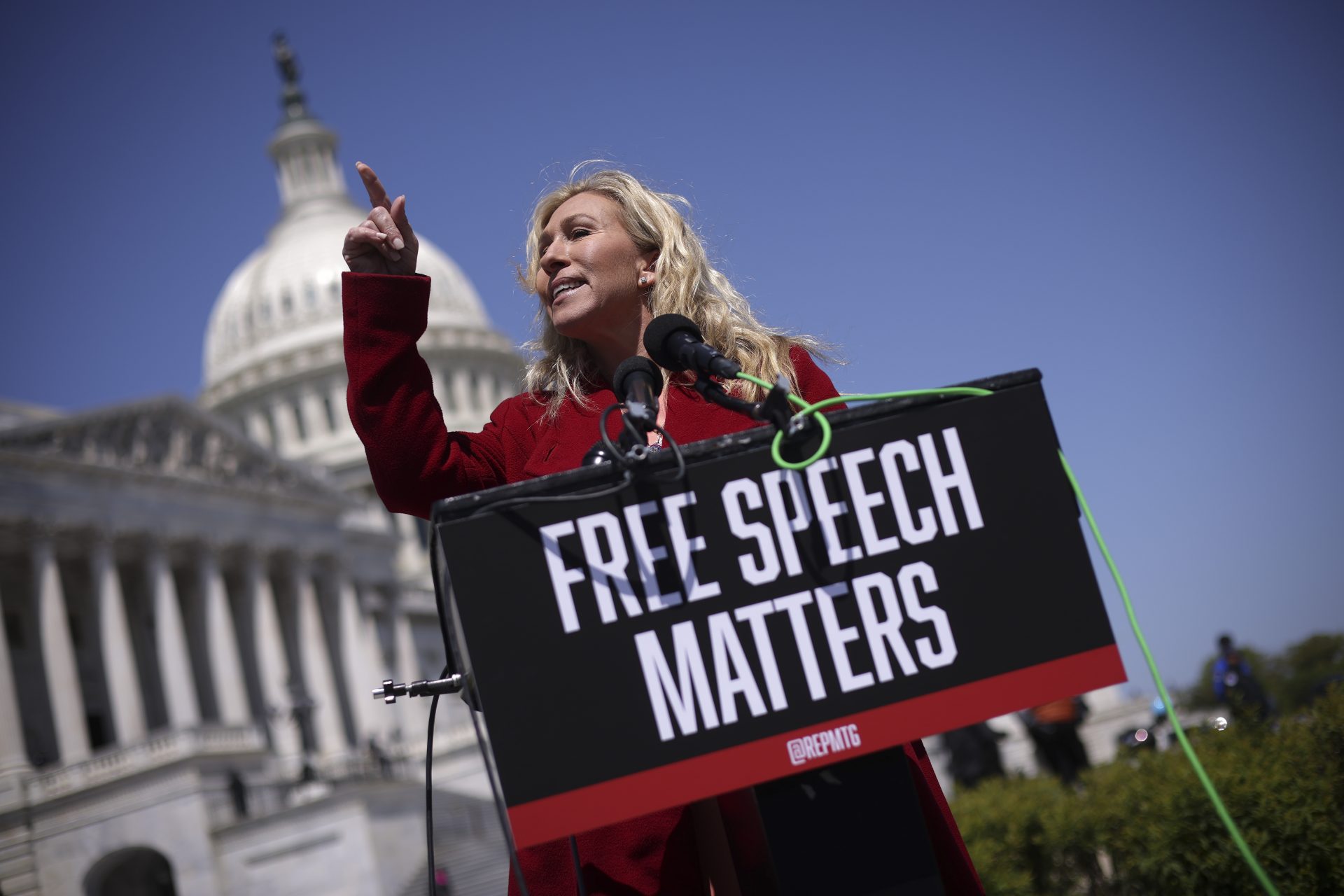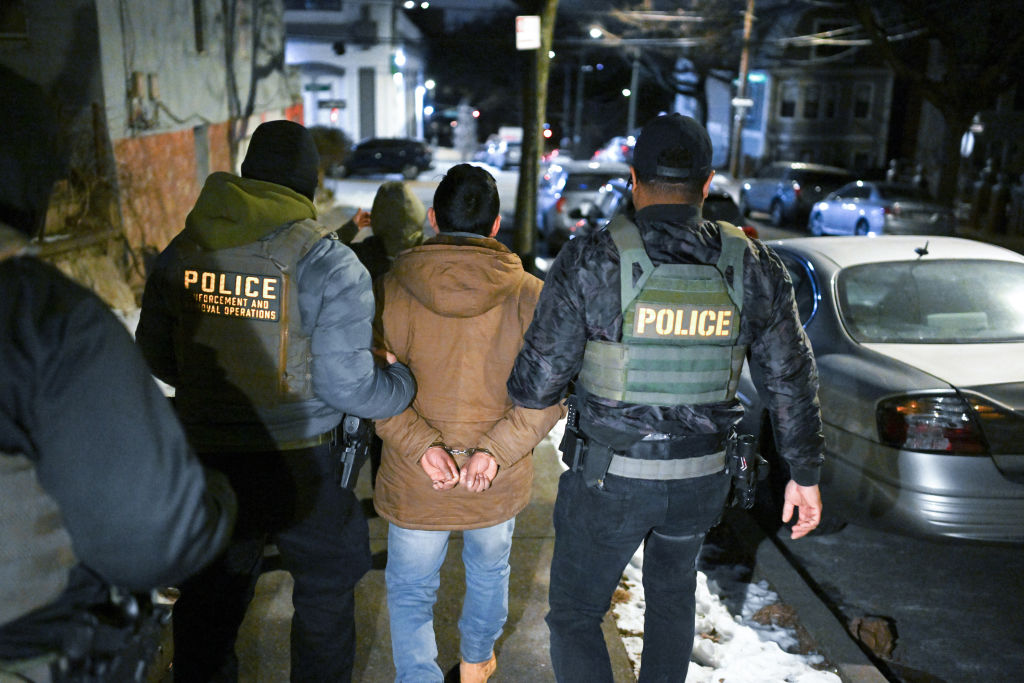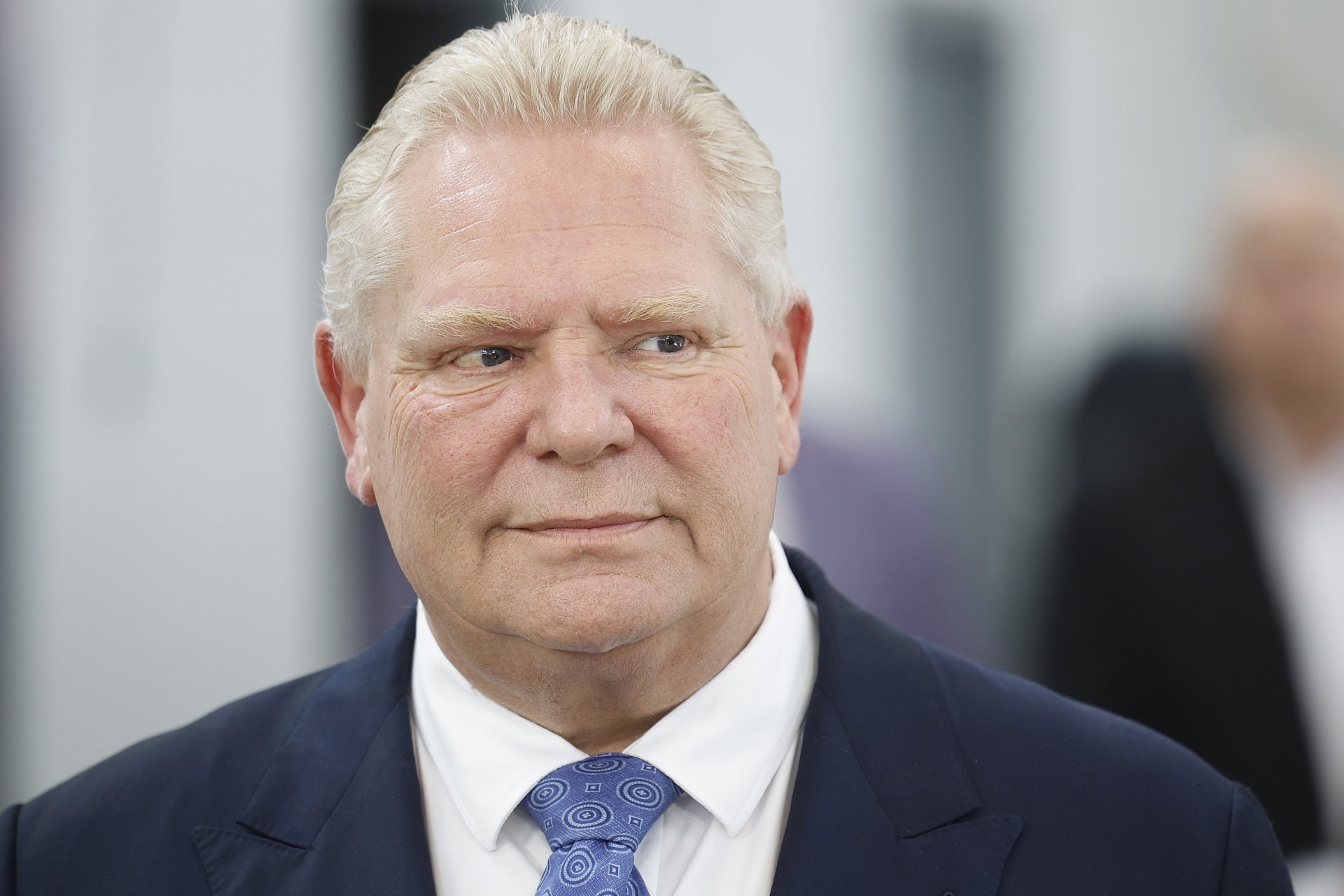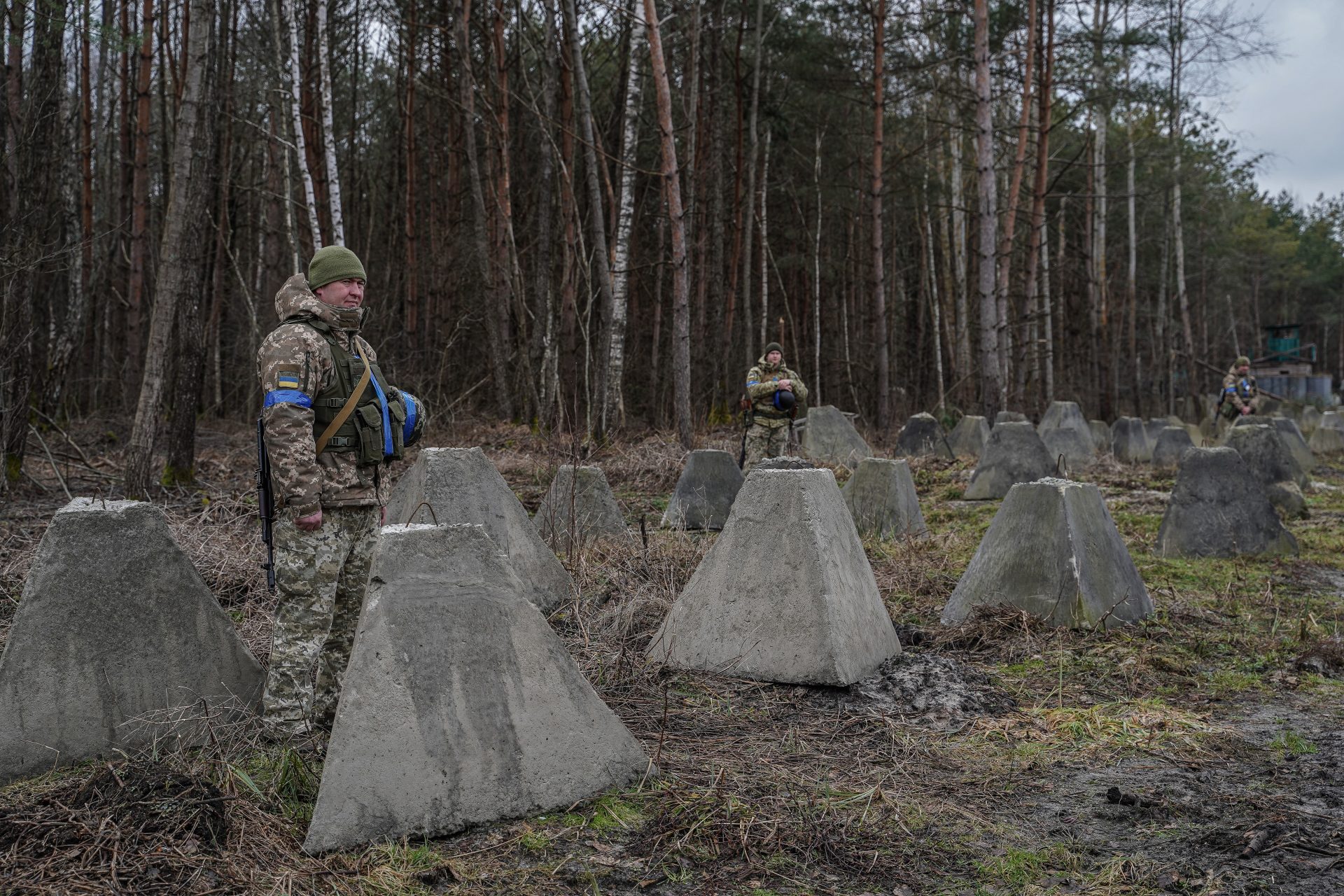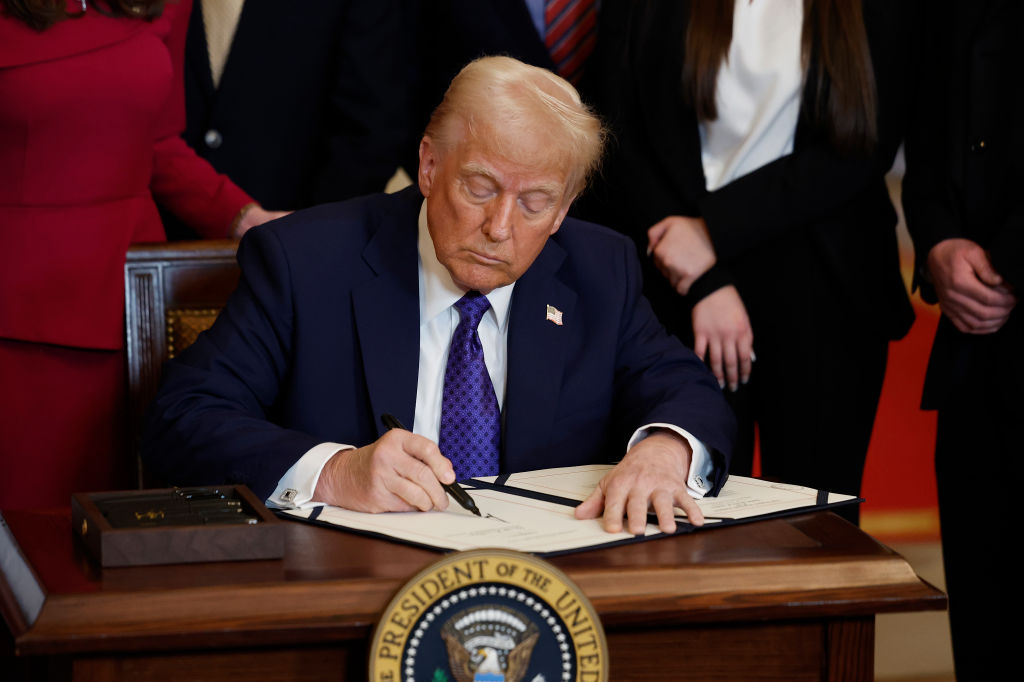EU fears growing pro-Russia sentiment could undermine unity
In Europe, the rise of factions showing support or sympathy towards Russian President Vladimir Putin is triggering concern in Brussels. European officials are apprehensive about the potential effects of these movements on the domestic policies of member states and the overall unity of the European Union.
Viktor Orban, the President of Hungary and one of Vladimir Putin's key allies in Europe, has advocated for resolving the conflict in Ukraine through a ceasefire. This stance marks a departure from providing military support to Ukraine, an approach that has led him to oppose several initiatives by the European Union aimed at military aid, according to CNN.
Both Orban and Putin have implemented policies that restrict LGBT rights and have imposed severe limitations on freedom of expression in their respective countries. In addition, Hungary has backed Russia in key votes within the United Nations.
Hungary has been the rotating presidency of the EU Council this year. But a meeting between Orban and Putin this summer to discuss a peace deal with Ukraine angered European leaders, who said Orban does not represent the bloc, reports France24.
Pro-Russian Calin Georgescu was a surprise winner in the first round of the presidential elections in Romania in November. Despite being a political unknown, his content on TikTok was shared hundreds of thousands of times, Deutsche Welle reports.
Georgescu has declared that "Putin loves his country" and that "Russian wisdom is Romania's opportunity." The far-right politician has also advocated Romania's exit from the European Union and NATO. Thanks to the cordon sanitaire of the other parties, he has not come to power.
Slovakia's Prime Minister Robert Fico also shows sympathy for Putin. Fico recently travelled to Moscow on a surprise, unannounced visit, and was received by Putin in the Kremlin. Few European leaders have held talks with Putin since the war in Ukraine began.
Robert Fico is opposed to Slovakia continuing to send weapons to Ukraine to defend itself against Russian invasion. "We will block and veto Ukraine's accession to NATO, because it would be nothing more than the basis for a third world war," the president said, according to Deutsche Welle.
The European Union's Conservatives and Reformists (ECR) group includes Eurosceptic and pro-Russian delegations such as Fratelli d'Italia (Italy), Law and Justice (Poland), Vox (Spain), Civic Democratic Party (Czech Republic), Swedish Democrats (Sweden) and Finns Party (Finland).
"It is important for me to work with pro-Europeans, pro-NATO and pro-Ukraine. Those who defend democracy against Eurosceptics and who defend our values against Putin's friends, are the ones I want to work with," said Commission President Von der Leyen, according to the Spanish newspaper Público.
More for you
Top Stories



